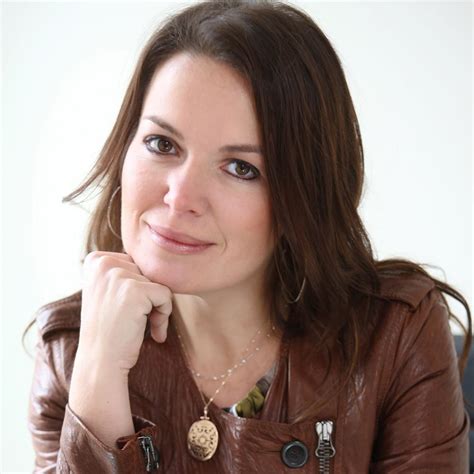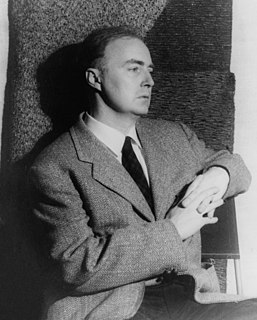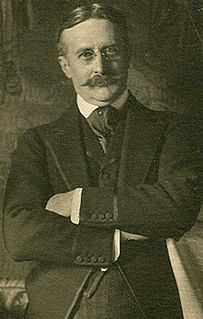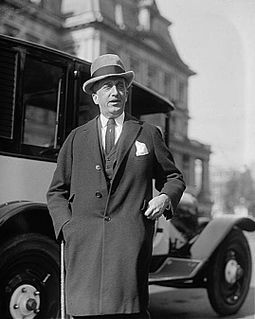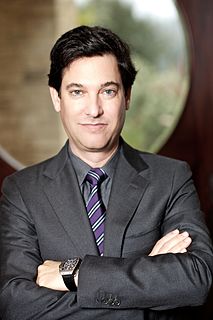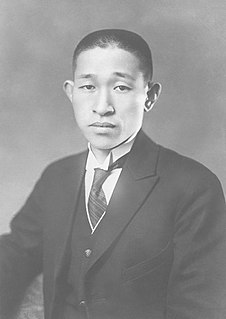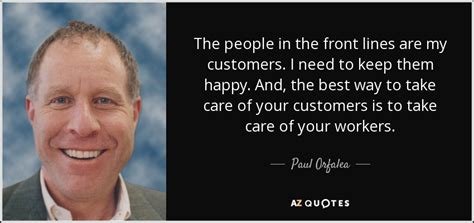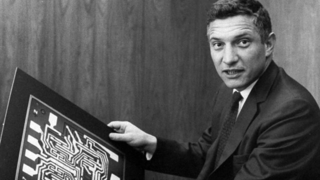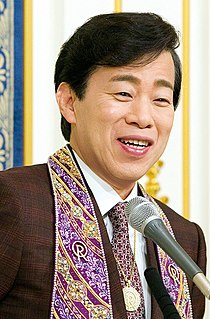A Quote by Julie Smolyansky
I do think film can change culture, in a way that reading a story in the New York Times does not.
Related Quotes
The New York Times will tell you what is going on in Afghanistan or the Horn of Africa. But it is no exaggeration that The New York Times has more people in India than they have in Brooklyn. Brooklyn is a borough of two million people. They're not a Bloomingdale's people, not trendy, sophisticated, the quiche and Volvo set. The New York Times does not serve those people.
Recently it's become much to my surprise, something that does happen. For example, I used to get almost all of my stories, and it's probably still true, from newspapers. Primarily from The New York Times. No one ever really thinks of The New York Times as a tabloid newspaper and it isn't a tabloid newspaper. But there is a tabloid newspaper within The New York Times very, very often.
While we have a very strong popular culture, the roots of American culture are very shallow, and we put emphasis on how a movie does as far as the box office goes. Many years ago, it would have been vulgar to print box - office grosses in the paper. Now The New York Times does it, and it's the big story for people interested in arts and entertainment on Monday. Which is why emphasis has shifted away from filmmakers and fallen on movie stars and business people.
You're always going to have more traffic if you're a free website. But we've always admitted that the New York Times was behind other news organizations in making our stories available to people on the web. BuzzFeed and the Huffington Post are much better than we are at that, and I envy them for this. But I think the trick for the New York Times is to stick to what we are. That doesn't mean: Don't change. But I don't want to be BuzzFeed. If we tried to be what they are, we would lose.
The New York Times published a full-page hit piece with another claim from an individual who has been totally discredited based on the many many emails and letters she has sent to our office over the years looking for work. The New York Times refused to use the evidence that we presented. If they used it, if they would have looked, they would have said, there's no story here.
The New York Times ran a story about [Jeff] Sessions meeting the Russian ambassador, and they ran Claire McCaskill's tweet excoriating Sessions for doing this and saying that he should resign. Well, then it was produced that Claire McCaskill had, in fact, sent two other tweets where she was bragging about having spent time with the Russian ambassador. So the New York Times, rather than print that, just removed her from the whole story.
Stephen King writes mass fiction but gets reviewed by the New York Times and writes for the New Yorker. Critics say to me, "Shut up and enjoy your money," and I think, OK, I'll shut up and enjoy my money, but why does Stephen King get to enjoy his money and get reviewed on the cover of the New York Times Sunday Book Review?
